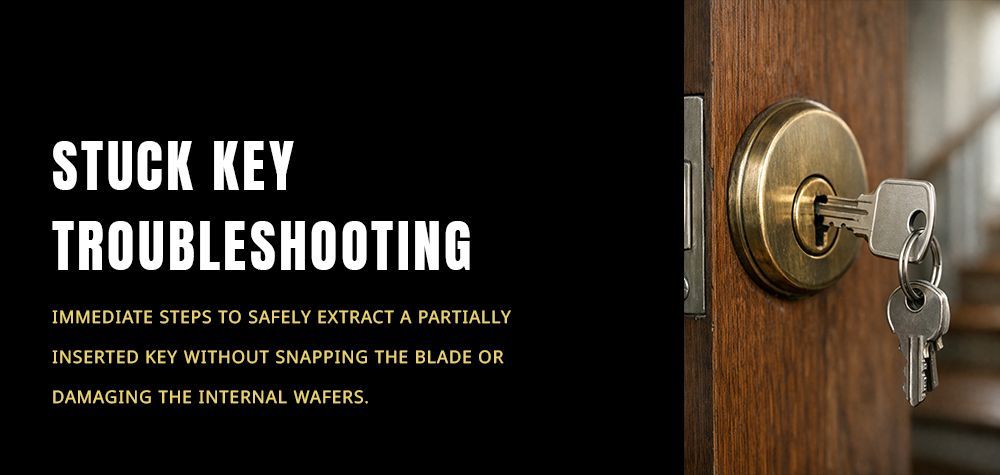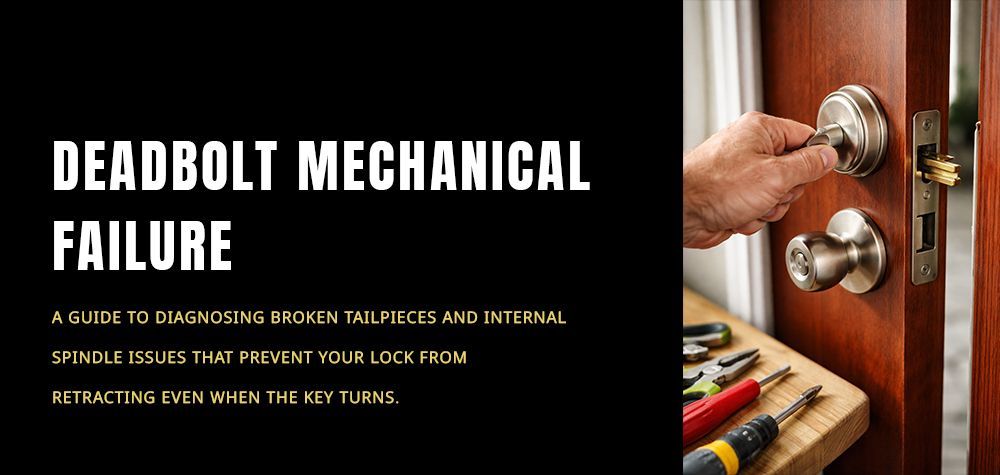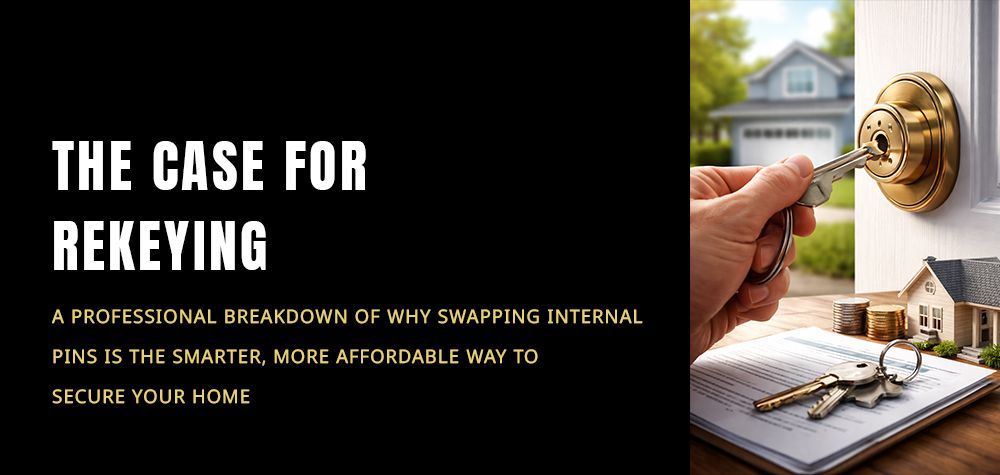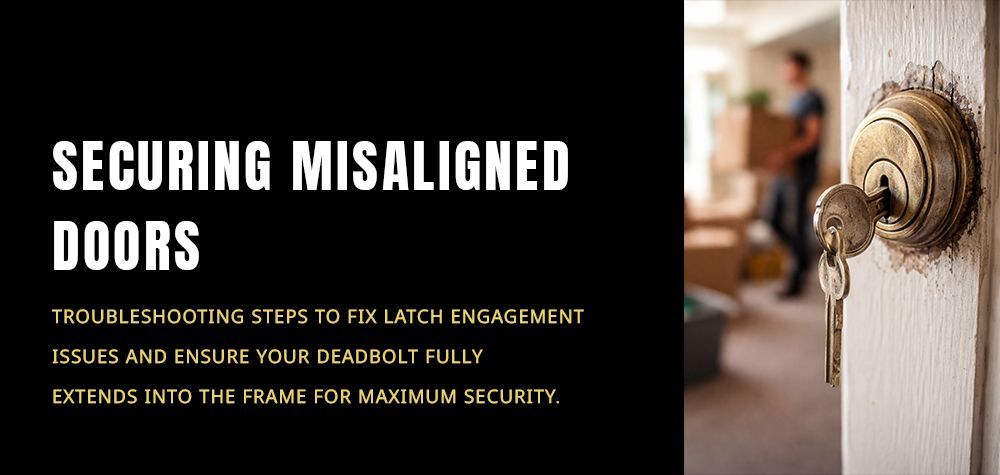How do locksmiths deal with electric vehicle (EV) key issues?
As electric vehicles (EVs) become increasingly popular, they’re reshaping not just how we drive but also how locksmiths do their jobs. Gone are the days when fixing a car key issue meant simply cutting a new key or manually unlocking a door. With EVs, the game is different—more digital, more complex, and definitely more high-stakes.
If you’ve ever wondered what happens when an EV key fob fails, goes missing, or gets locked inside the car, you’re not alone. Many EV owners find themselves facing unique challenges that traditional locksmith services weren't originally designed to handle.
So, how do locksmiths rise to the challenge? Let’s dive deep into the world of EV key solutions, uncovering the causes of problems, how experts fix them, and what you can do to prevent trouble down the road.
Can a locksmith remove a wheel lock?
Understanding EV Key Systems: A Whole New Ball Game
First things first: EV key systems are not your average car keys.
Most electric vehicles use sophisticated keyless entry systems that rely on encrypted signals, rolling codes, proximity sensors, and sometimes even smartphone integration. Brands like Tesla, Nissan, Chevrolet, and Ford have developed high-tech security systems that make it harder for thieves to hack in—but also more complicated for locksmiths to resolve key issues.
Unlike traditional mechanical keys, EV fobs often include embedded microchips, Bluetooth technology, or even Wi-Fi connectivity. This means that dealing with EV keys requires a whole new set of skills, tools, and technical expertise.
In short, when it comes to electric vehicles, locksmiths have had to level up—or be left behind.
Common Causes of EV Key Issues
Despite the high-tech wizardry, EV key problems still happen—and often at the worst possible times.
One common cause is battery failure—either in the key fob itself or within the car's keyless entry system. Because EV fobs are so reliant on consistent power, even a small drop in battery life can disrupt communication between the fob and the vehicle.
Another frequent culprit is software glitches. Updates gone wrong, firmware incompatibilities, or interference from other wireless devices can cause the fob to stop working properly.
Physical damage or wear is still a player too. Dropping the key fob, exposing it to water, or even simple long-term use can lead to internal failures.
Finally, loss or theft remains a major issue. And replacing a lost EV key fob is not as simple—or as cheap—as heading to your local hardware store.
No matter the cause, one thing’s for sure: when your EV key fails, you’ll need professional help fast.
How Locksmiths Handle EV Key Programming and Replacement
When an EV key issue arises, locksmiths follow a highly specialized process to solve the problem effectively and safely.
The first step usually involves diagnostics. A trained automotive locksmith will use specialized diagnostic tools to communicate with the car’s onboard computer system. This allows them to check whether the issue lies in the key fob, the vehicle's receiver, or the programming itself.
If the fob is simply unresponsive due to a dead battery, the solution might be as easy as replacing the battery and reprogramming the signal. However, if the fob is physically damaged or lost, things get more involved.
Locksmiths will then move on to key fob cloning or reprogramming. This often requires high-end programming tools that are capable of reading the car’s immobilizer system and securely linking a new or repaired fob to the vehicle.
In some cases, locksmiths may need to perform a complete system reset—erasing all existing keys from the car’s memory and adding the new fob from scratch. This is often done to protect the vehicle from potential theft if a key has been lost or stolen.
Throughout the process, security protocols must be strictly followed. Most manufacturers require proof of ownership before any key programming can take place, ensuring that locksmiths are helping rightful owners—not thieves.
Risks and Challenges Locksmiths Face with EV Keys
Working with EV keys isn’t just tricky—it’s risky.
One major risk is bricking the car’s keyless system. A simple programming error could potentially lock out all fobs and prevent the car from starting altogether, resulting in expensive repairs that may only be fixable at the dealership.
Another challenge is the constantly changing technology. With each new EV model release, manufacturers introduce new encryption methods and security systems. Locksmiths must continually invest in expensive training and cutting-edge tools to stay current, which is no small feat.
Finally, there’s the risk of invalid warranties. Some EV manufacturers warn that unauthorized key programming or repairs could void certain aspects of the car’s warranty. Locksmiths must tread carefully, ensuring that they follow best practices and inform customers of any potential risks.
At the end of the day, fixing an EV key problem is about precision, caution, and experience.
Expert Recommendations: Best Practices for EV Owners
So what can EV owners do to avoid key troubles and make life easier if they arise?
First and foremost, always have a backup key fob. It’s an investment upfront, but it can save you hundreds—or even thousands—of dollars in emergency service fees later.
Second, keep your key fob in a protective case. Given the sensitive technology inside, a hard-shell or silicone case can prevent serious damage from drops or spills.
Next, replace key fob batteries proactively. Don't wait until your fob dies completely. Most batteries have a lifespan of one to two years, so it’s wise to swap them out before they cause trouble.
Another key tip: update your vehicle’s software regularly. Software glitches often stem from outdated firmware, and manufacturers often release updates to improve fob connectivity and security.
And finally, choose a locksmith who specializes in EVs. Not all locksmiths are equipped or trained to handle the nuances of electric vehicle technology. Look for professionals who advertise EV services specifically and ask about their experience with your car brand before hiring.
Trusting an expert could make the difference between a quick fix and an expensive dealership visit.
Preventive Measures to Protect Your EV Key System
An ounce of prevention is worth a pound of cure—and nowhere is that more true than with EV keys.
Make it a habit to store your key fob away from other electronics at home, as wireless interference can sometimes cause minor malfunctions or even drain the fob's battery prematurely.
Consider using a Faraday pouch when carrying your key fob. These small protective bags block electromagnetic fields, helping prevent relay attacks where thieves try to capture and clone your fob’s signal.
Additionally, disable passive entry if your car allows it when not needed. Some EVs allow you to disable the always-on proximity sensors, reducing the risk of hacking while your car is parked.
Lastly, educate yourself about your specific EV’s key system. Read your manual, understand how to initiate a manual start in case the fob fails, and know where your car’s emergency key slot (if available) is located.
Preparedness turns panic into a minor inconvenience.
Conclusion: Navigating EV Key Challenges with Confidence
Electric vehicles represent the future of transportation—but they also introduce new complexities when it comes to locksmith services. As EVs continue to evolve, locksmiths are adapting rapidly, learning new technologies, and developing specialized expertise to handle key issues safely and effectively.
If you find yourself facing an EV key crisis, don’t panic. With the right professional help, most problems can be solved quickly and securely without setting foot inside a dealership.
Remember: Act early. Choose wisely. Protect your investment.
Because when it comes to your EV, a little foresight—and a trusted locksmith—can keep you effortlessly on the move.
Call Us Any Time!







